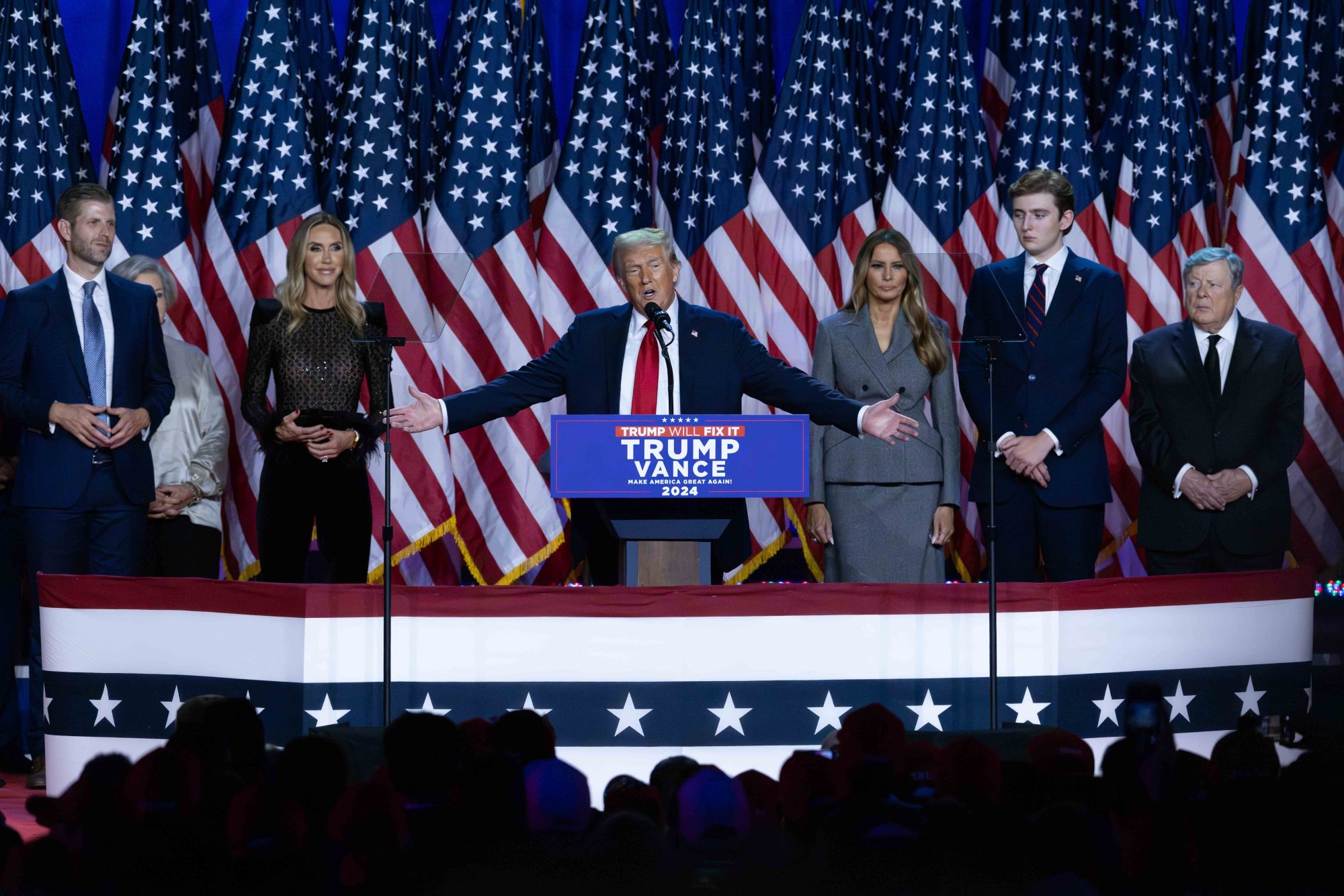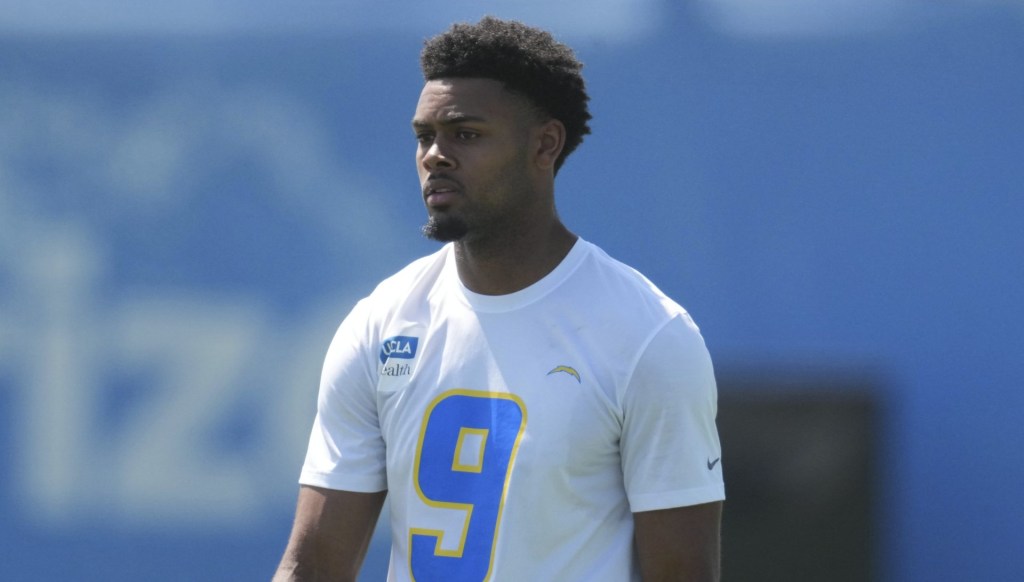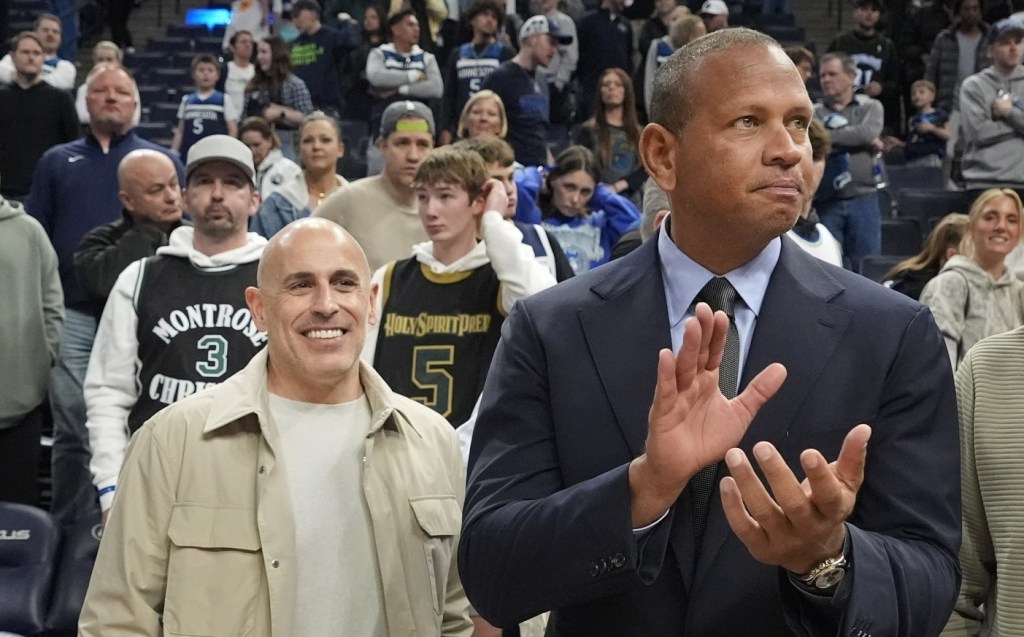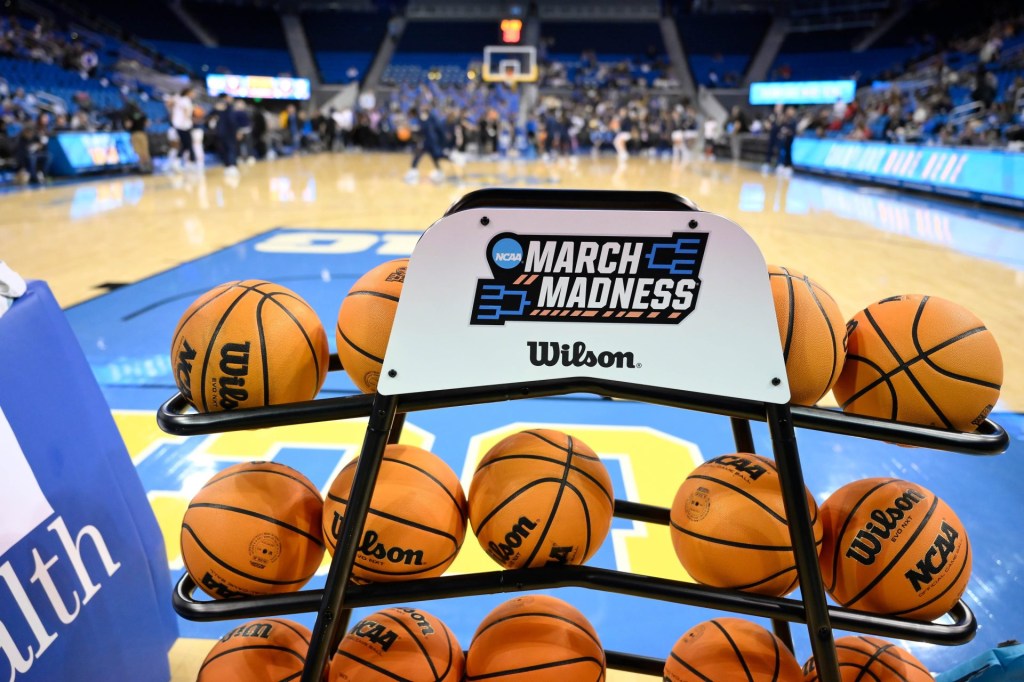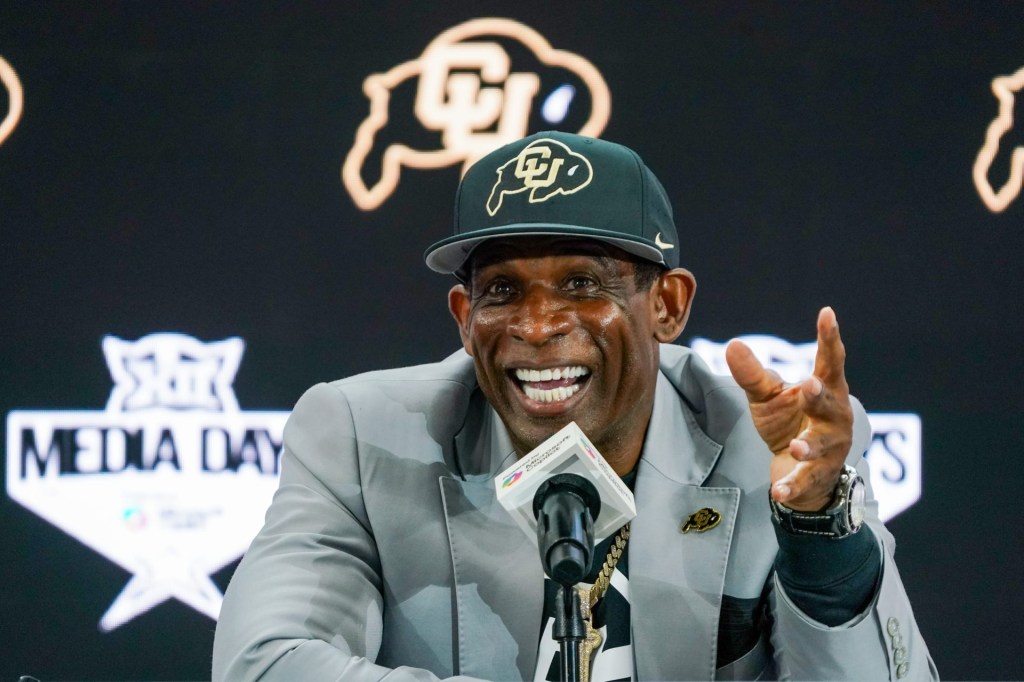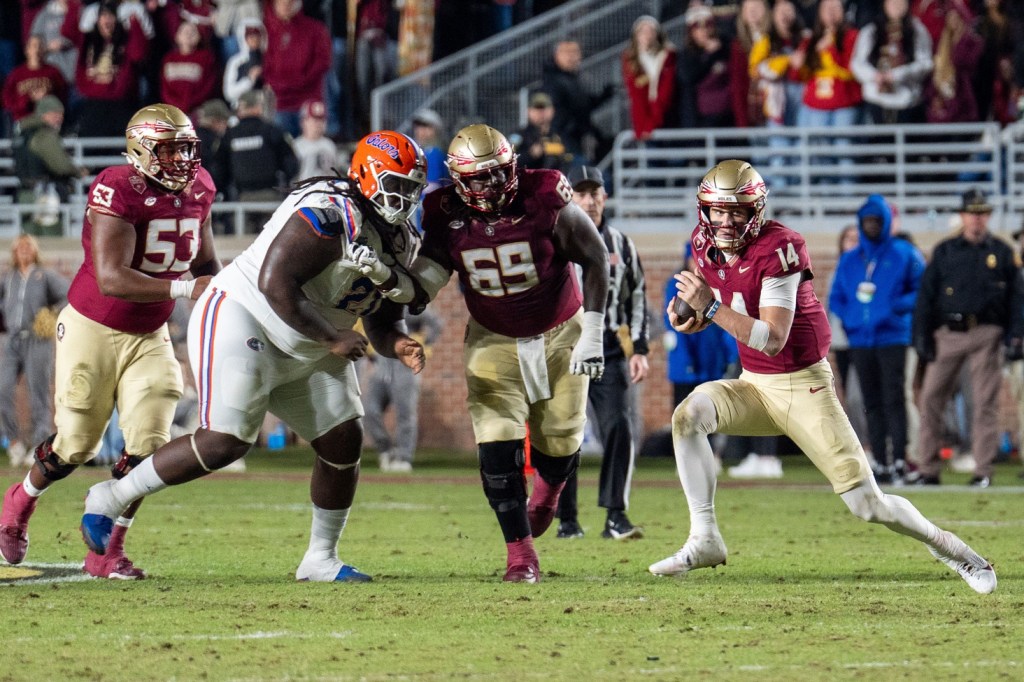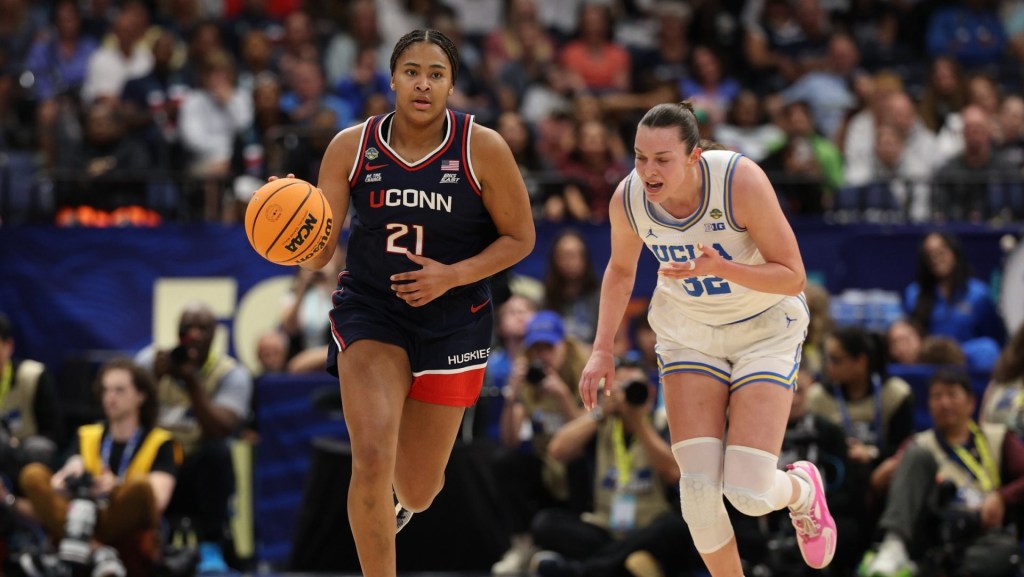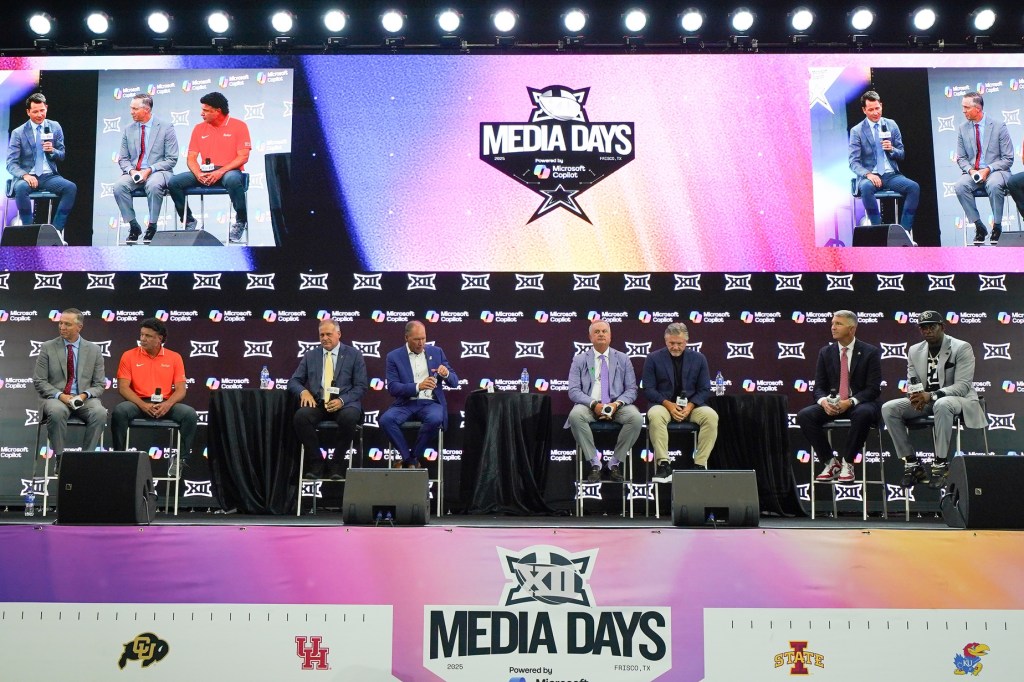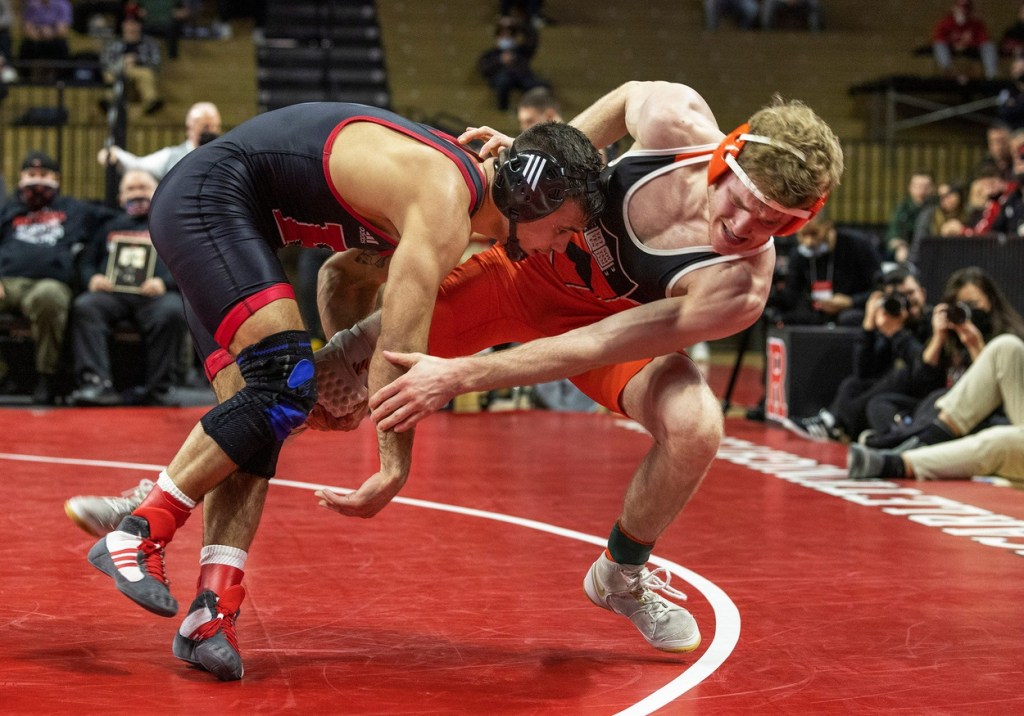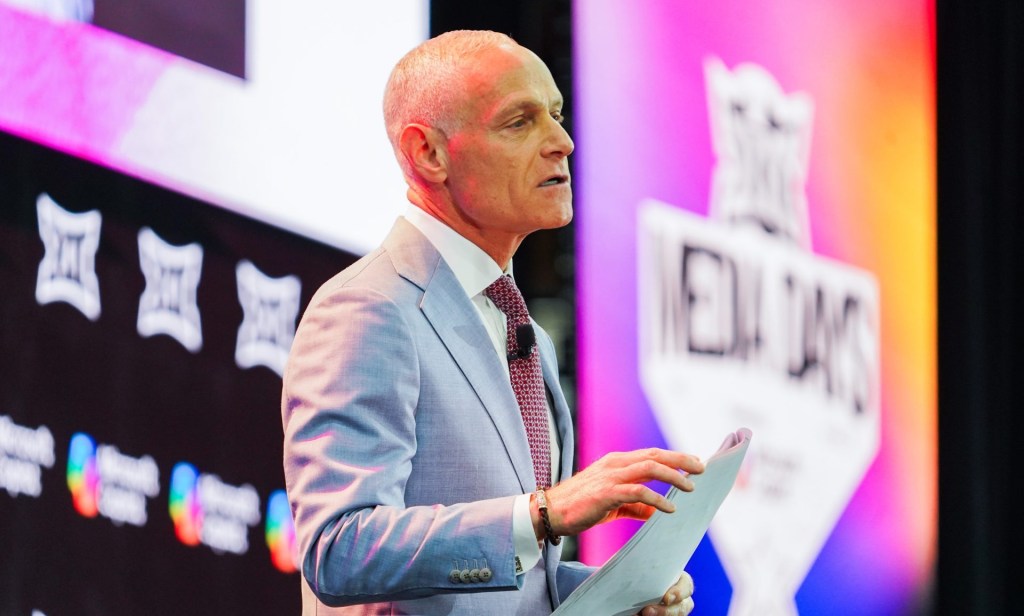Since 2019, the NCAA and power conferences have staged a sophisticated, multimillion-dollar lobbying campaign in Congress that has so far been unsuccessful. In 2025, the NCAA may finally get to cash in on those efforts.
The 2024 election, which installed Donald Trump in the White House for a second term and gave Republicans control of the U.S. Senate, is a major win for the NCAA, which has been trying to get Congress to pass a law preventing athletes from being classified employees and securing antitrust protections to control compensation rules.
“We’ve had productive, substantive conversations with members of both parties in recent months and are optimistic an opportunity exists to advance a targeted, bipartisan solution to ensure a stable, equitable, and sustainable future for college sports for years to come,” NCAA SVP of external affairs Tim Buckley tells Front Office Sports on Wednesday.
The governing body has said it hopes to take the House v. NCAA settlement, which would allow athletes to share revenue with schools for the first time, to Congress to use as a road map for a new law that would also include the anti-employment provisions and antitrust protections.
A Republican-controlled Senate is more likely to pass a law including these provisions, sources previously told FOS. The leader of that effort, Sen. Ted Cruz (R., Texas), won reelection Tuesday evening and is likely to become the chair of the Senate Commerce Committee in 2025—which has jurisdiction over college sports compensation issues. Cruz, currently the ranking member of Senate Commerce, has said that legislation governing college sports would be a major priority for him. He’s come out in support of the NCAA’s biggest requests.
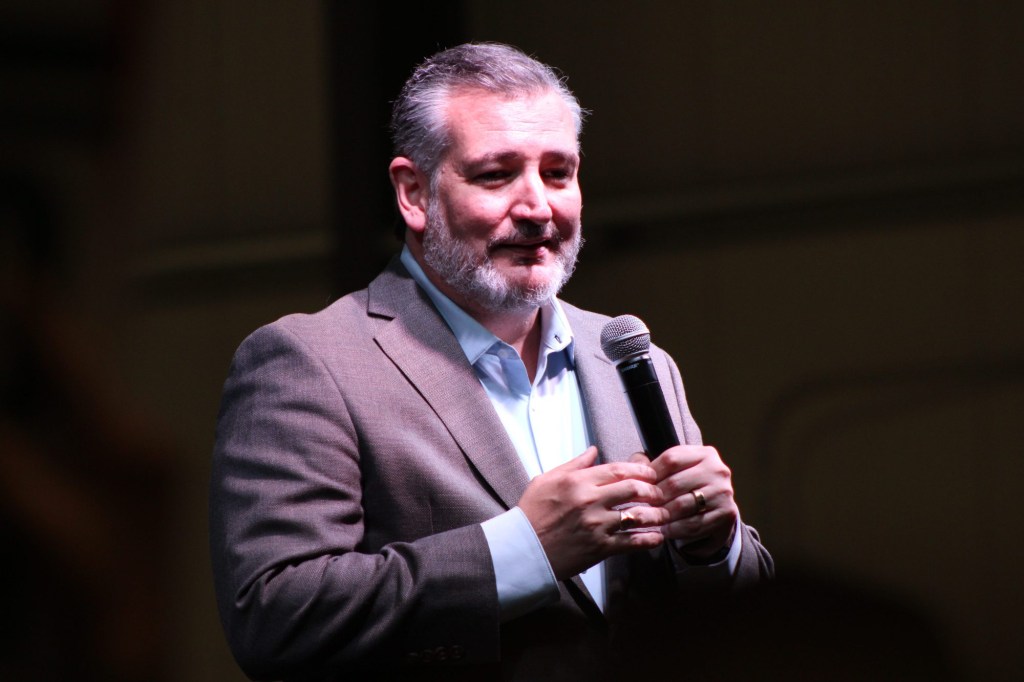
The issue of employment, in particular, has seen a largely partisan split, according to some sources: Democrats didn’t want to sign onto an anti-employment bill that could be seen as prohibiting athletes’ rights to collectively bargain. “It’s a bad day to be a college athlete,” one Democratic congressional aide tells FOS. “Great day to be a college president or conference commissioner.”
Republican aides have said they believed that they had made headway in convincing several Democrats to swing toward an anti-employment provision. Either way, one Republican aide said there’s still an expectation that any college sports bill would have to be bipartisan, even if the House ends up with a Republican majority. But that aide is confident several Democrats have become more amenable to an anti-employment provision in recent months, and doesn’t think the issue is as partisan as others have described it.
There will be opposition. Labor unions could try to block a bill of this nature, and other groups have begun their own lobbying efforts related to the future of college sports. But that may not be enough in a Republican-controlled government.
The National Labor Relations Board could be the last hope for preserving the ability for athletes to win employment and collective bargaining rights before Congress can pass a law. The NLRB could still make a pro-athlete decision before Congress or Trump can step in.
Two cases, one about Dartmouth men’s basketball players and another about USC football and basketball players, are currently pending at the NLRB. In the Dartmouth case, players have been declared employees with the right to bargain—and the national board has yet to say whether it will grant the NCAA’s appeal. The USC case was heard this past winter, and it is waiting on a ruling from an administrative law judge.
The national board’s current makeup is pro-labor (and likely pro-athlete), with three Democrats, one Republican, and one vacancy. Trump is expected to begin appointing pro-employer board members, but the cadence of appointments is such that there wouldn’t be a Republican majority until at least 2026.
NLRB general counsel Jennifer Abruzzo, who decides which cases to take up on the NLRB’s behalf, is currently in favor of athletes becoming employees. But her days in office are likely numbered—Trump is expected to replace her with a more conservative general counsel who may not be able to halt the Dartmouth and USC cases, but certainly wouldn’t help them.
Less than a year ago, the NCAA’s business model of amateurism appeared to be on life support: The NLRB was releasing decisions in the athletes’ favor, multiple court cases threatened to bankrupt the governing body, and Congress seemed unwilling or unable to save it. But the election has handed the NCAA a potential trump card.
